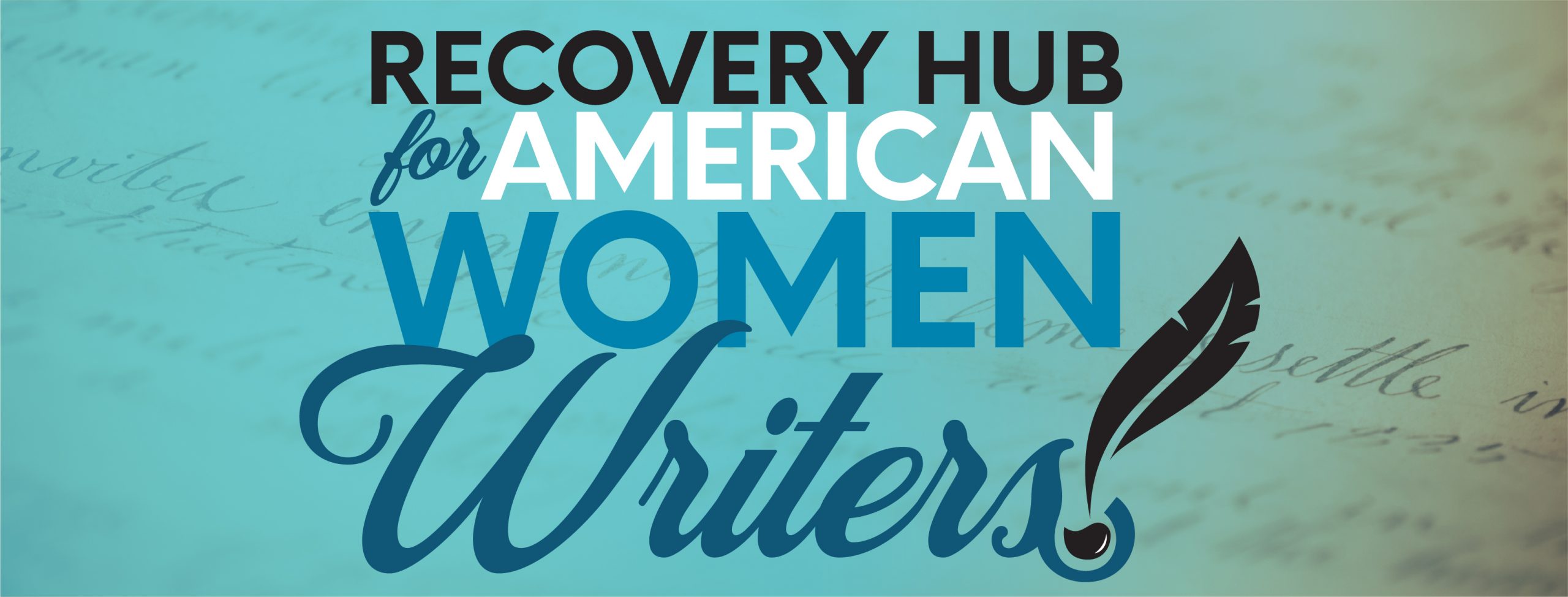Introduction by Alice Martin, Rutgers University
This bibliography includes resources for digital pedagogy and feminist pedagogy. Digital pedagogy is the theories/methods behind teaching with digital technologies and tools. Concerns often include responsible practices of transparency (e.g., how is a tool made or used and by whom?), access (e.g. who can use/view a digital tool and how do they gain the knowledge to do so?), and sustainability (e.g. how long-lasting are certain digital platforms and how can we ensure digital materials remain accessible?). Meanwhile, feminist pedagogy is a framework for methods of teaching that are grounded in feminist theory, like a commitment to being student-centered, inclusive, discussion-based, anti-racist, and decolonial in practice. Other important aspects of feminist pedagogy include the following (adapted from Vanderbilt University’s “A Guide to Feminist Pedagogy”):
- Just as students learn from and with teachers, teachers learn equally with and from students.
- Emotions and personal experience are considered justifiable ways of knowing. While our emotions and experiences don’t serve as complete knowledge, they are not irrelevant, either. Rather, they complement other ways of knowing and should be taken into consideration in the classroom.
- Students and teachers both should reflect on their roles and positions in the classroom. In doing so, we can recognize implied power dynamics and work to create a more open and egalitarian space, one in which students should consider the knowledge that they themselves bring to the course and one in which students should feel empowered to take responsibility for what Adrienne Rich calls “claiming an education.”
- Students and teachers avoid making assumptions about others’ experiences, and resist the temptation to believe that we all share the same experiences, values, and assumptions. We also don’t expect others to represent/speak for any group of which they are a member.
- While we want our class to create an open space where everyone is valuable and welcomed, we must also be open to dialogue that may generate (civilized) conflict, tension, and disagreement, to truly learn and engage.
The following bibliography includes texts that relate to each of these types of pedagogy, but often the sources cited discuss a crossover between these two types of pedagogy methods.
